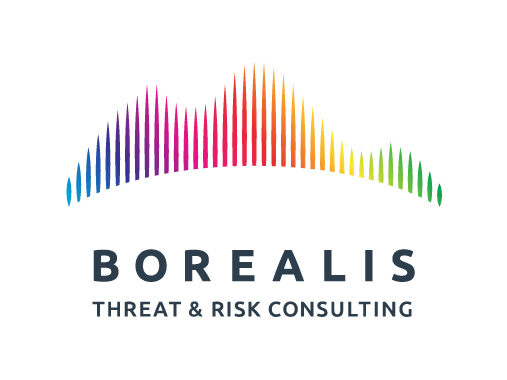The international community rightly condemns China for its treatment of the Uyghur Muslim majority in the northwestern Xinjiang province. Concentration camps (which officials call ‘re-education centres – how Orwellian!), the destruction of mosques, the banning of Islamic dress, and the import of Han Chinese migrants are some examples of moves made by the Xi Jinping autocracy to eliminate these people from their ancestral lands.
China uses the excuse of ‘terrorism’ to justify these actions. Alas, like many other nations (Russia most notably), this word is uttered to describe anyone who does not sign up to the master plan or who is seen as even remotely in opposition to the regime in place.
And yet, there IS such a thing as Uyghur terrorism. As I pointed out in my 2017 book The Lesser Jihads, Islamist terrorists originating in Xinjiang did carry out a series of attacks in the PRC from 2012 to 2104 in which hundreds were killed and many more injured. This spate of actions led directly to the PRC crackdown in Xinjiang province to this day.
Now we in Canada are faced with a decision on what to do with possible Uyghur terrorists who want to come and live here. Two men who spent time in Guantanamo Bay, the Cuba-based US camp used to house suspected Islamist terrorists after 9/11, and who have been in Bermuda since 2009, want to immigrate with their wives, one of whom is a citizen of our country (the other has permanent residency status).
One of Uyghur men has been seeking status in Canada for 11 years. The government alleges they have ties to the East Turkestan Islamic Movement (ETIM), a largely east-Asian one-time affiliate of Al Qaeda (AQ). The US listed the ETIM as a terrorist organisation in 2002 but removed this designation in 2020. There is some debate among counter-terrorism specialists whether the group still exists. The two men acknowledge that while they did spend time in a village in Afghanistan where there was an ETIM training camp, they were not members.
This issue brings up a conundrum for Canada’s immigration and national security systems. The former is in a state of crisis under the Liberals as years of allowing far too many foreign students and temporary residents have led many to blame rising housing and rent costs to the influx of immigrants. The news that an Islamic State (ISIS) terrorist was given Canadian citizenship and went on to plan an attack in Toronto together with his son has only made the government more leery of allowing yet another set of extremists into the country.
As far as CSIS and other organisations in the national security apparatus are concerned, there is constant pressure to collect the intelligence necessary to keep Canada safe – even if that intelligence is ignored (e.g. the PRC foreign interference gong show). Resources are limited and there is heavy reliance on our partners for information. That Gitmo was, shall we say, a controversial place where the quality and accuracy of the intelligence gathered from inmates can be questioned, does not help matters. Hence, the extent to which these two Uyghurs pose a threat is hard to determine.
Then there is the reality that ‘once here, always here’ has been part of our collective failure to remove terrorists if and when further information is received. Our experience with ‘national security certificates’, a tool in theory to deport those who have terrorist ties, has been a disaster, with several AQ-linked extremists allowed to stay here indefinitely.
Are these two Uyghurs terrorists who pose a threat to security in Canada, or are they ‘former’ ETIM members (if they ever belonged to the group in the first place)? If the latter, what does ‘former’ mean? Are there assurances that those who say they have abandoned their adherence to violent ideologies will not re-assume them? Clearly not, as several cases in the UK and Canada have illustrated over the past few decades.
The bottom line is that terrorism is complicated. We as a nation should not allow anyone with ties, however attenuated, to terrorist groups into Canada. There are enough people banging on the door already: we do not need to open it to all.
None of this excuses what China is doing to the Uyghurs in Xinjiang. Canada and others need to maintain pressure on the PRC to stop this human rights violation. Nevertheless, there is such a thing as Uyghur terrorism, although not as expansive as China maintains, and we need to be on guard for it.

